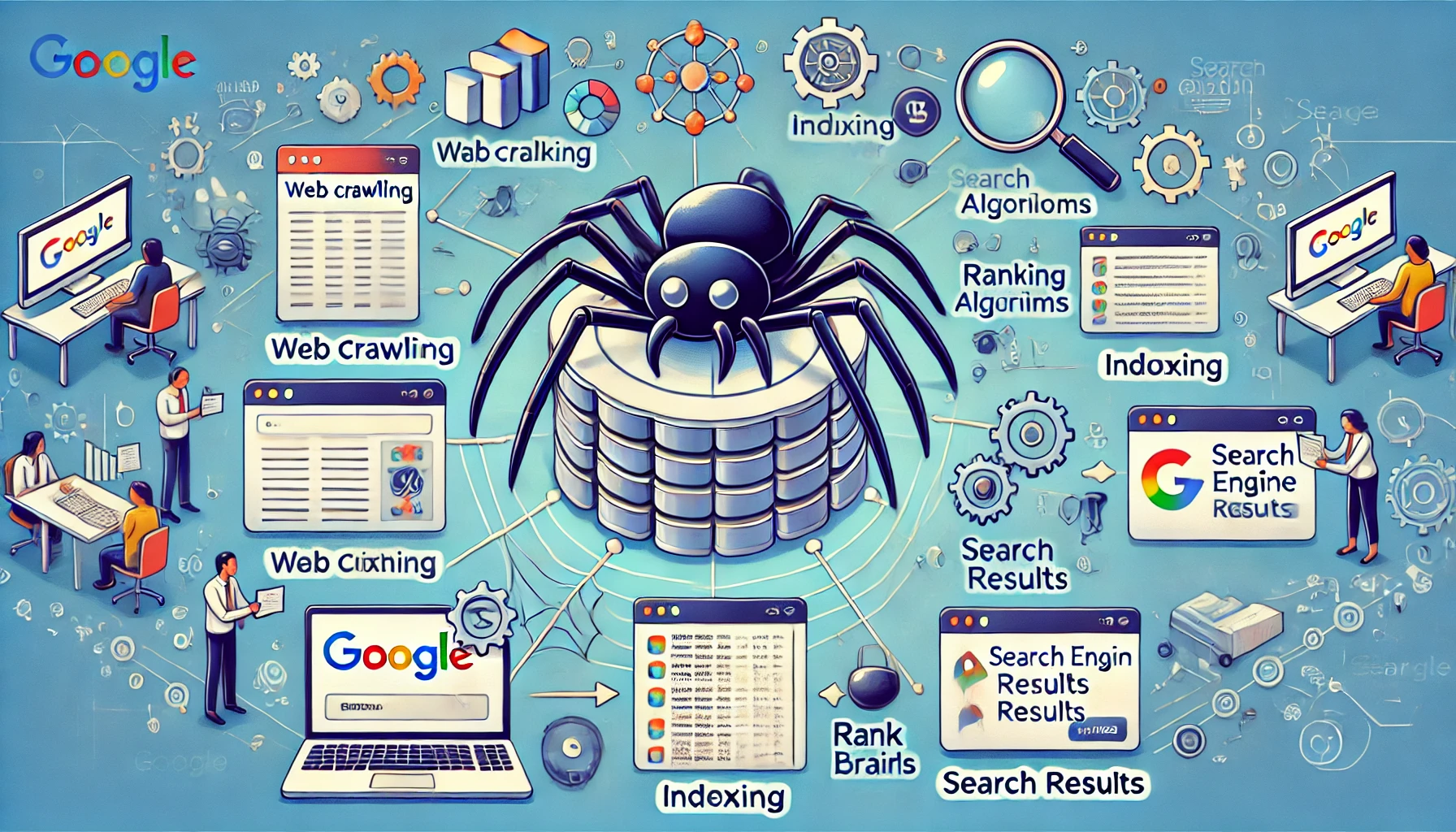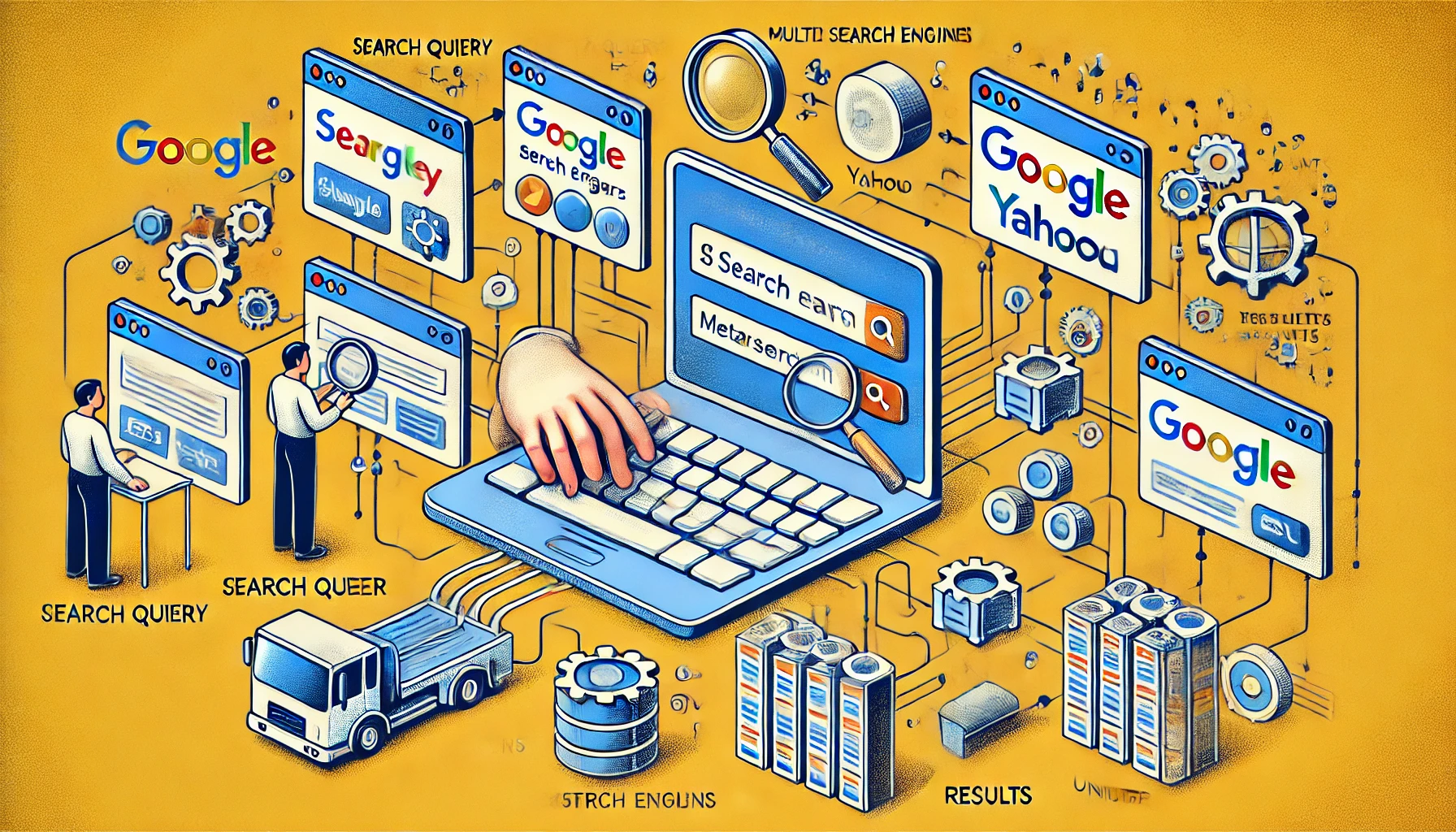Techniques
Search engines use a variety of techniques to find and rank web pages. Understanding these techniques can help you appreciate how search engines deliver relevant results so quickly. One of the key techniques is the use of keywords.
Keywords
When a web page is created, the creator can include keywords in the page's content and in the HTML code that describes the page. These keywords help search engines understand the content of the page and determine its relevance to a particular search query. For example, if a page is about healthy recipes, it might include keywords like "healthy recipes," "nutrition," and "cooking tips." When users search for these terms, the search engine can identify this page as relevant.
Link Analysis
In addition to keywords, search engines use other factors to rank web pages. One important factor is link analysis. This technique involves examining the number of other websites that link to a particular page, as well as the relevance and authority of those websites. A page that is linked to by many reputable sites is considered more trustworthy and relevant. This process is similar to academic citations, where frequently cited papers are often seen as more authoritative.
Algorithms
Search engines use complex algorithms to process and analyze the data they collect from the internet. These algorithms play a central role in determining which web pages are displayed and in what order, based on a variety of factors.
One of the most well-known algorithms is **PageRank**, developed by Google. PageRank evaluates the importance of a web page by analyzing the number and quality of links pointing to that page. The more links a page has, especially from authoritative sources, the higher it is likely to rank in search results. This helps and ensure that more reputable and relevant content is prioritized.
Another key algorithm is **Hummingbird**, which focuses on understanding the intent behind a search query rather than just matching keywords. This allows search engines to deliver more accurate results even when the query is phrased in natural language or is somewhat ambiguous. Hummingbird has significantly improved the ability of search engines to interpret complex queries and provide results that are contextually relevant.
**RankBrain** is another critical algorithm that incorporates machine learning to better understand and process search queries. RankBrain helps the search engine learn from past searches to predict and deliver the best possible results for new queries, even if they are previously unseen. This makes the search engine more adaptive and capable of handling a wide variety of searches with greater precision.
These algorithms are constantly being updated and refined to improve the accuracy and relevance of search results. As the algorithms become more sophisticated and as the content on the web evolves, the results you see for a search query can change over time. This ensures that users are provided with the most current and pertinent information available.
The Spider (Web Crawler)
A crucial part of the search engine process is the use of spiders, also known as web crawlers. These are automated programs that scan the internet to index web pages. Here’s a breakdown of how this works:
- Crawling: The spider visits a website and reads the content on the pages. It follows links on these pages to discover new pages.
- Indexing: The information collected by the spider is stored in the search engine's database. This index includes details about the content of each page and the keywords associated with it.
- Processing Queries: When a user enters a search query, the search engine looks through its index to find pages that match the keywords in the query.
- Ranking Results: The search engine uses its algorithms to rank the relevant pages based on factors like keyword relevance, link analysis, and more. The highest-ranking pages are presented first in the search results.
By using spiders, search engines can quickly and efficiently index a vast amount of information available on the web. This process ensures that users can find up-to-date and relevant information whenever they perform a search.
In summary, the techniques used by search engines—including keywords, link analysis, algorithms, and web crawlers—work together to deliver accurate and relevant search results. Understanding these techniques can help you use search engines more effectively.
Conclusion
Overall, search engines play a crucial role in helping users find information on the internet. They provide a powerful tool for navigating through the vast amount of data available online. By using advanced techniques like keywords, link analysis, algorithms, and web crawlers, search engines can efficiently index billions of web pages and rank them based on their relevance.
Search engines make it easier for users to find the information they need by processing search queries and delivering the most relevant results quickly. Whether you are looking for specific web pages, images, videos, or news articles, search engines streamline the search process and provide access to a wealth of information at your fingertips.
The technology behind search engines is constantly evolving, with algorithms being updated regularly to improve accuracy and relevance. This continuous improvement ensures that users receive the most current and pertinent information, making search engines indispensable tools in our daily lives.
In summary, search engines not only help users locate information swiftly but also enhance the overall experience of using the internet. By understanding the techniques they use, such as keywords and link analysis, and appreciating the role of web crawlers, we can better utilize these powerful tools to access the information we need efficiently and effectively.


